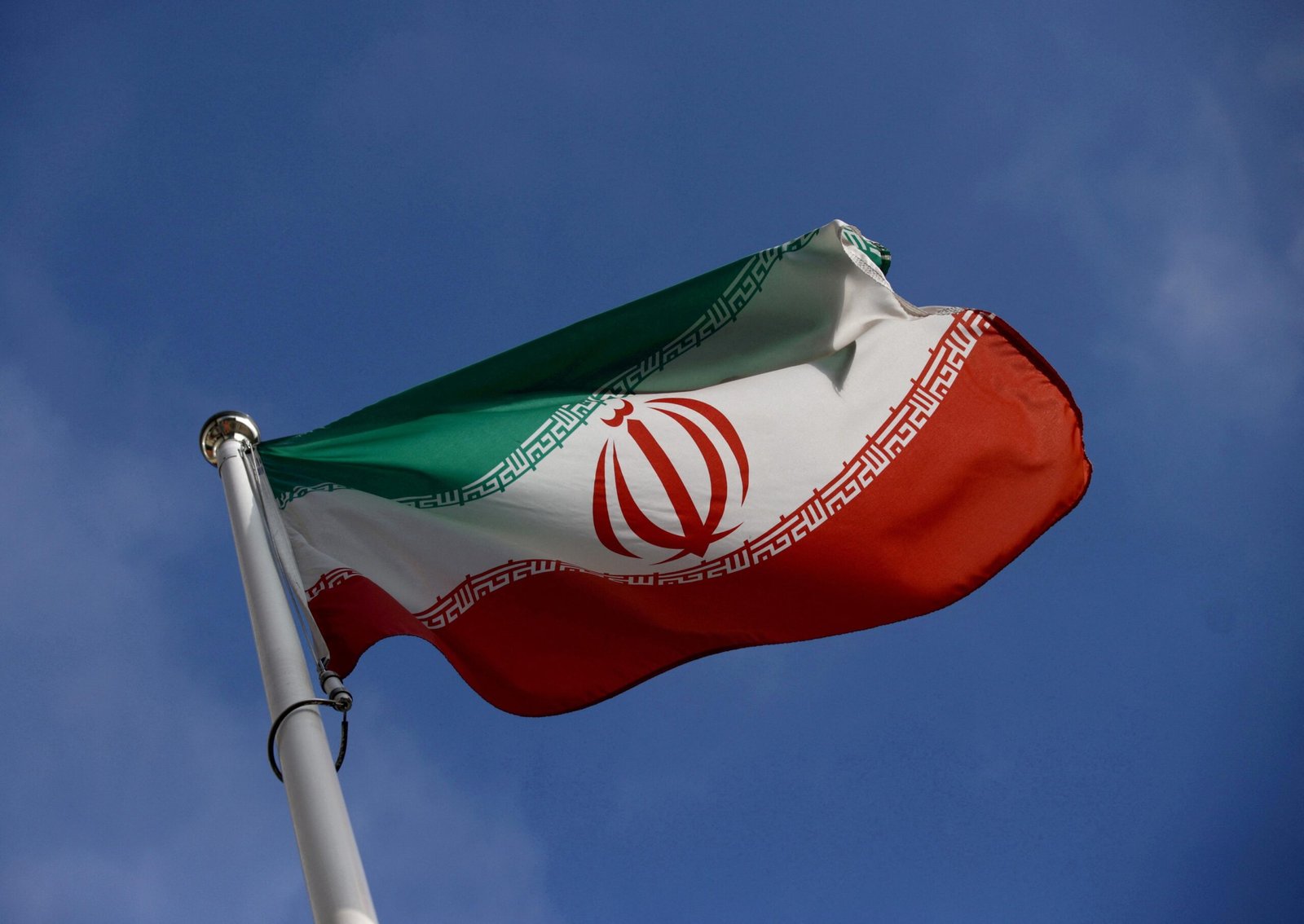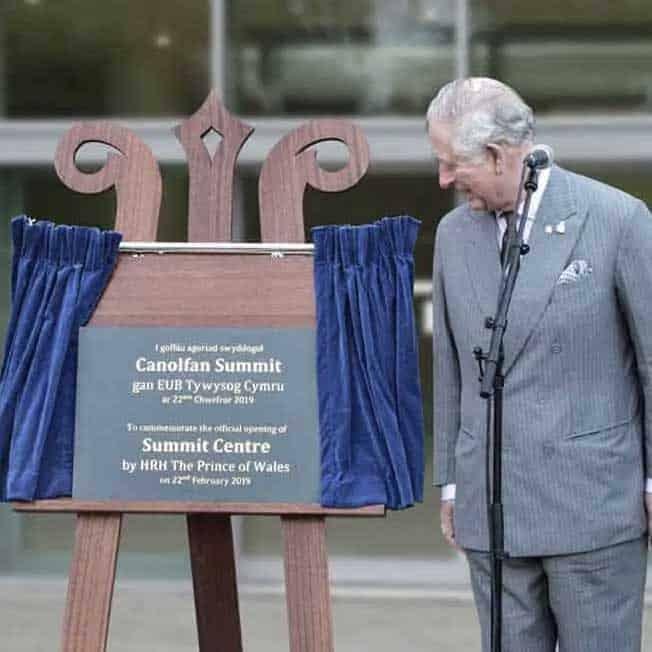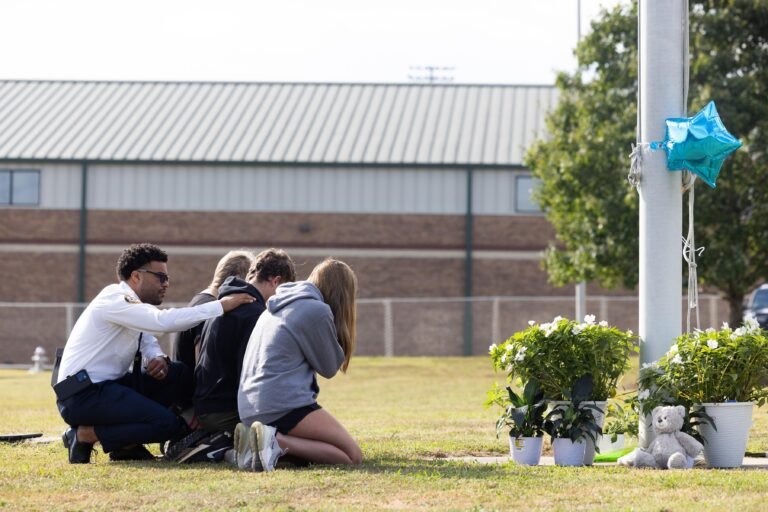
In the hallowed halls where global diplomacy intertwines, a somber chapter unfolds. The United Nations nuclear agency’s discerning gaze has once again turned upon Iran, its concerns echoing in the silence of the boardroom. Twice within this fateful year, the nation has faced the weight of condemnation for its enigmatic dance with nuclear ambitions. Like an unsolved puzzle, Iran’s reluctance to fully embrace transparency has raised eyebrows and kindled whispers of doubts. Now, the global community stands at a crossroads, grappling with the enigmatic intentions of a nation grappling with its own destiny.
– The IAEA Boards Renewed Condemnation of Irans Nuclear Obstruction
The International Atomic Energy Agency’s 35-nation board unanimously approved the resolution on Iran even as Tehran and world powers try to salvage a 2015 nuclear deal that the United States abandoned in 2018
The resolution expresses serious concern over ample information indicating “a continued lack of seriousness” in discussing safeguards issues, particularly those related to Iran’s alleged undeclared nuclear activities, and the lack of progress in resolving them.

– Unveiling the Failures and Implications of Irans Lack of Cooperation
Unveiling the Potential Dangers of Noncooperation
The implications of Iran’s failures are multifaceted and far-reaching. Firstly, it erodes trust and undermines the credibility of the nuclear deal. If Iran is perceived as untrustworthy, it becomes increasingly difficult for the international community to engage with them in good faith. This can lead to a breakdown in negotiations and increase the likelihood of nuclear proliferation.
Secondly, Iran’s lack of cooperation hinders the verification process and makes it more difficult to ensure that they are not pursuing nuclear weapons. The IAEA requires full access to all relevant sites and documents to effectively monitor Iran’s nuclear activities. Iran’s refusal to fully cooperate raises concerns that they may be hiding nuclear activities or that they are not committed to the terms of the nuclear deal.
– Preserving the Integrity of Nuclear Verification: Recommendations for the Future
Ensuring Transparency and Accountability
To preserve the integrity of nuclear verification, the UN nuclear agency’s board must play a pivotal role in ensuring transparency and accountability. This can entail fostering an atmosphere of trust and cooperation among member states, encouraging open and timely information exchange, and establishing clear and verifiable benchmarks for nuclear disarmament. By actively promoting transparency and accountability, the board can deter potential non-compliance and provide a high level of assurance that nuclear activities are peaceful and within the confines of international agreements.
Enhancing Collaboration and Capacity-Building
Collaboration and capacity-building are key to strengthening the effectiveness of nuclear verification. This includes supporting developing countries in building their technical capabilities to independently verify nuclear activities and ensuring that all member states have access to the necessary resources and expertise. Additionally, enhancing collaboration among national and international organizations, such as the UN nuclear agency and regional monitoring bodies, can improve the efficiency and effectiveness of nuclear verification efforts, fostering a collective approach to preventing proliferation and promoting peaceful nuclear use.
Key Takeaways
As the diplomatic chessboard continues to shift, the UN nuclear agency’s board remains vigilant, navigating the intricate corridors of international cooperation. The ongoing saga with Iran serves as a stark reminder of the diplomatic tightrope that must be treaded in the pursuit of a nuclear-free world. While cooperation remains the path illuminated by the UN, it is the prerogative of each sovereign nation to forge its own destiny, even as the international community anxiously watches every step they take.


